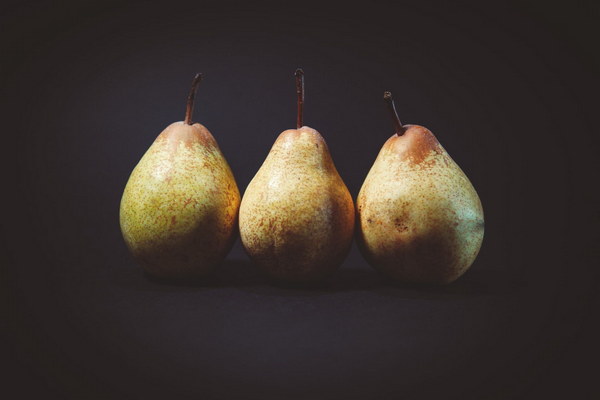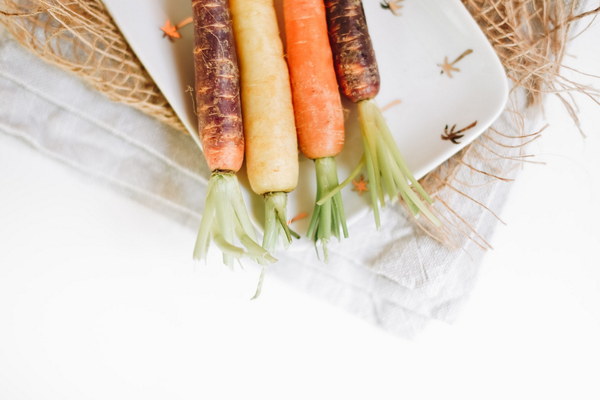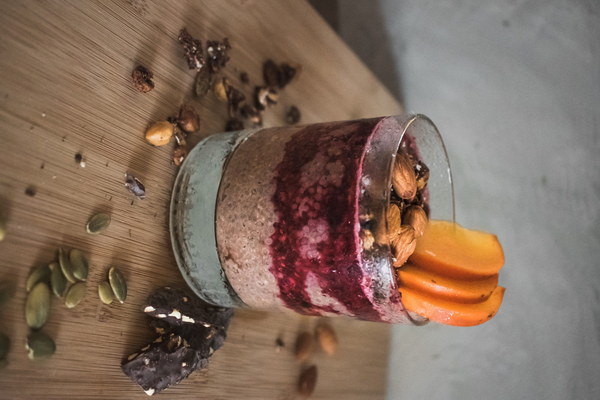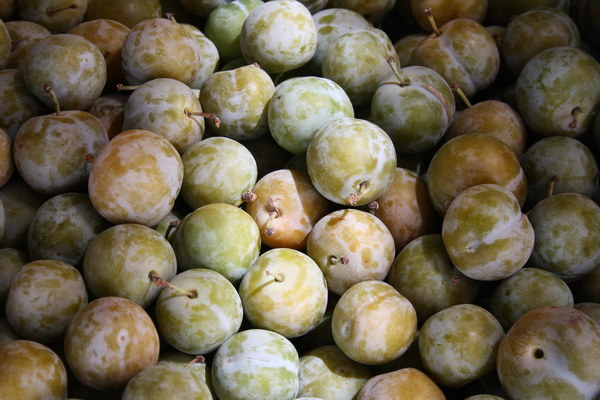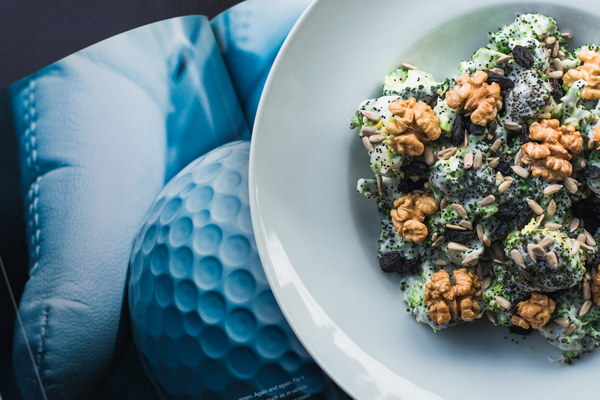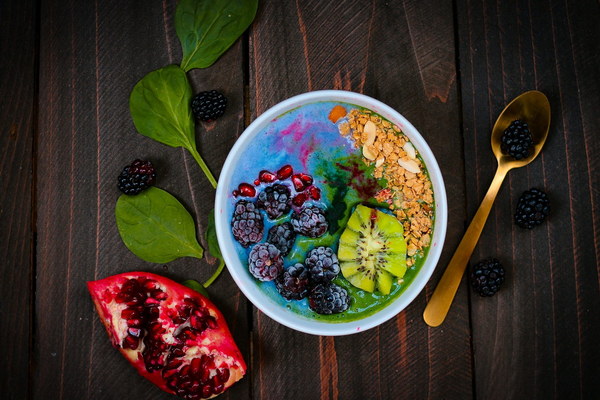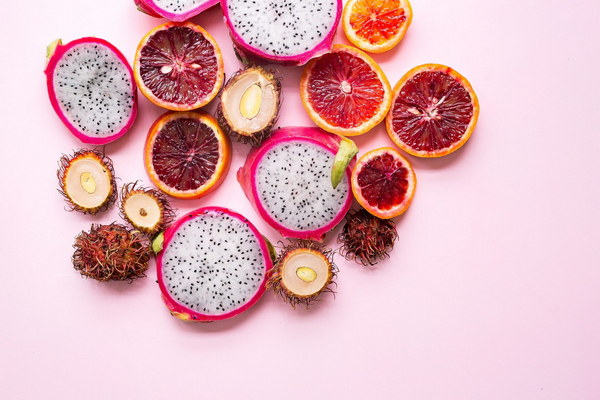Natural Remedies for Dizziness A Nutritional Recipe for Headache Relief
Are you tired of dealing with the constant discomfort and inconvenience of dizziness? Do you wish there was a natural and effective way to alleviate your symptoms without resorting to medication? Look no further! This article presents a nutritional recipe for dizziness, offering a holistic approach to headache relief. By incorporating the following ingredients into your diet, you may find yourself on the path to a healthier, more balanced life.
1. Hydration: The Importance of Water
One of the most common causes of dizziness is dehydration. When your body lacks sufficient fluids, blood volume decreases, leading to a decrease in blood pressure. This can cause dizziness and even fainting. To combat this, ensure you drink plenty of water throughout the day. Aim for at least eight 8-ounce glasses per day, and more if you're active or in a hot environment.
2. Iron-Rich Foods: Boosting Energy Levels
Iron deficiency can lead to anemia, which may cause dizziness and fatigue. Incorporate iron-rich foods into your diet, such as:
- Lean meats (chicken, turkey, beef)
- Fish (salmon, tuna, shrimp)
- Legumes (lentils, chickpeas, kidney beans)
- Dark, leafy greens (spinach, kale, Swiss chard)
- Fortified cereals and bread
Pair these foods with vitamin C-rich foods, such as oranges, strawberries, and bell peppers, to enhance iron absorption.
3. B Vitamins: Energy and Brain Function
B vitamins are essential for energy production and brain function. Deficiencies in these vitamins can lead to fatigue, weakness, and dizziness. Include the following B vitamin-rich foods in your diet:
- Fortified cereals
- Nuts and seeds (almonds, sunflower seeds, chia seeds)
- Whole grains (oats, quinoa, brown rice)
- Leafy greens (spinach, kale, collard greens)

- Lean meats (chicken, turkey, beef)
- Eggs
4. Coenzyme Q10 (CoQ10): Supporting Heart and Brain Health
CoQ10 is a powerful antioxidant that helps protect your cells from damage. It's also essential for the production of energy in your cells. A deficiency in CoQ10 can lead to fatigue, weakness, and dizziness. Include CoQ10-rich foods in your diet, such as:
- Organ meats (heart, liver, kidney)
- Fish (sardines, mackerel, salmon)
- Meat (beef, pork, chicken)
- Nuts and seeds (walnuts, sunflower seeds, chia seeds)
- Soybeans
- Fortified cereals
5. Garlic: A Natural Vasodilator
Garlic is a natural vasodilator that can help improve blood flow to the brain, reducing the risk of dizziness. Incorporate garlic into your diet by adding it to your favorite dishes or taking a garlic supplement (up to 600 mg per day).
6. Ginger: Reducing Nausea and Dizziness
Ginger has long been used to alleviate nausea and dizziness. Brew a cup of ginger tea or add fresh ginger to your meals for a natural remedy.
7. Turmeric: Inflammation Reduction
Turmeric contains the compound curcumin, which has anti-inflammatory properties. To incorporate turmeric into your diet, add it to your meals as a spice or take a curcumin supplement.
8. Magnesium: Muscle and Nerve Function
Magnesium is essential for muscle and nerve function. Deficiencies can lead to muscle cramps, spasms, and dizziness. Increase your intake of magnesium-rich foods, such as:
- Nuts and seeds (almonds, sunflower seeds, chia seeds)
- Whole grains (quinoa, brown rice, oats)
- Legumes (chickpeas, kidney beans, lentils)
- Dark chocolate
- Fortified cereals and bread
By incorporating these nutritional remedies into your diet, you may find relief from your dizziness symptoms. However, it's essential to consult with a healthcare professional before making significant changes to your diet or starting any new supplement regimen. Remember, natural remedies can be effective, but they may not work for everyone. Always seek professional advice when dealing with persistent health issues.
